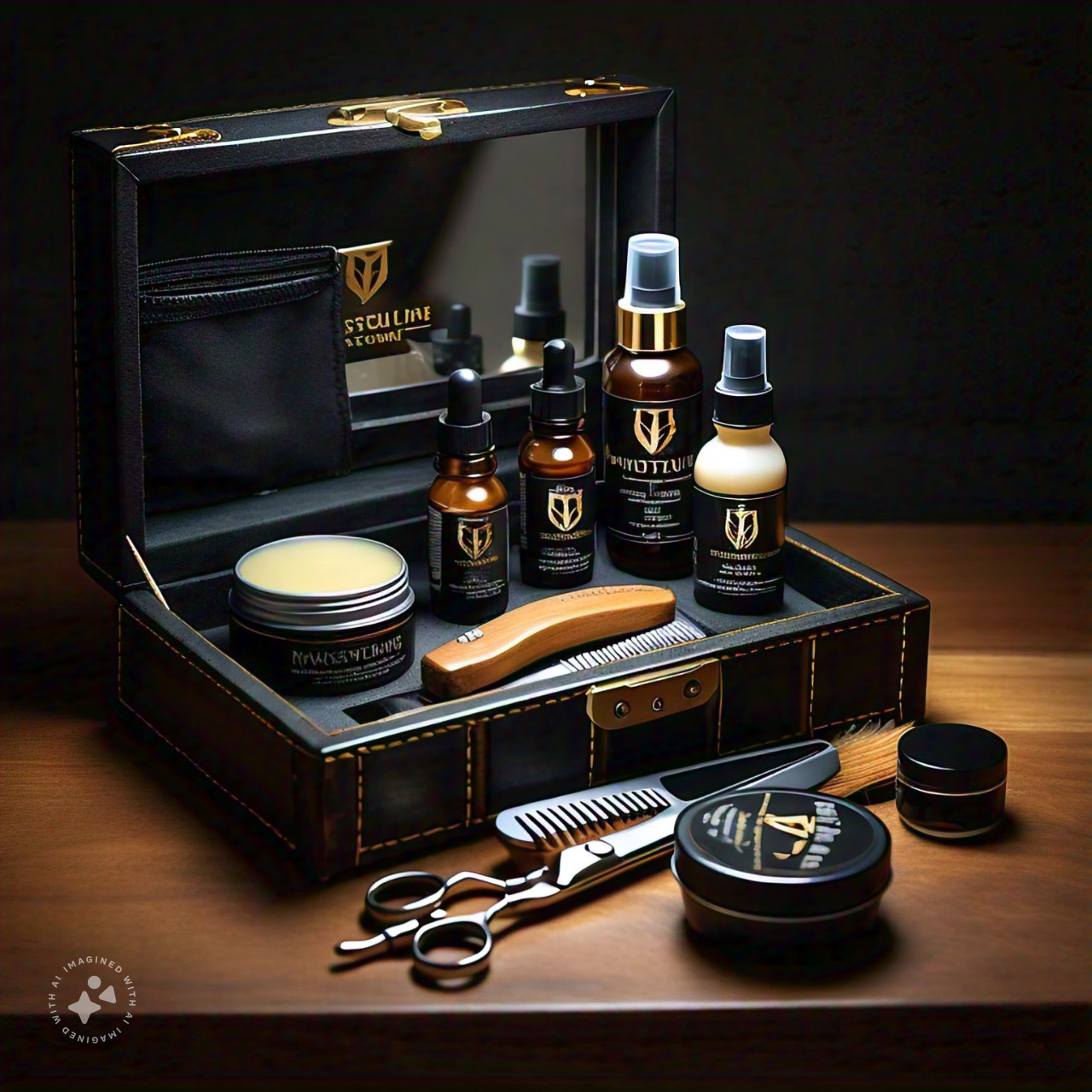The expression “Mustculin” may not be commonly understood, but its suggestions are important. It seems to combine “must” with “- culine,” suggesting an essential or desirable set of masculine traits. This article explores what “independence” can mean and how adopting essential masculine traits can accelerate modern-day success.
What is Mustculine?
Definition and Interpretation
“Mustculine” is a term that combines the ideas of necessity and masculinity. It presents a group of masculine qualities essential for self-awareness and present-day success. By analyzing the term, we can understand how it incorporates both traditional and emerging views on masculinity.
Dissecting the expression “Mustculine”
“Mustculine” suggests traits that are attractive as well as essential to a good, successful person in this day and age. It combines the essential idea of “must” with the qualities associated with masculinity, creating an idea that identifies the important qualities that every man should develop.
The Fusion of Essential and Masculine Traits
Essentially, “independence” signifies the combination of traits that are essential for personal and professional success. These include confidence, resilience, leadership, and perseverance, which are essential for navigating the complexities of contemporary life while maintaining a masculine identity.
Essential Masculine Traits
Confidence
Why confidence is important for self-improvement?
Trust is the basis of “consistent” reasoning. It enables people to face adversity, face challenges and find their goals. Confidence helps create a positive mental self-view and allows one to approach personal and professional situations with confidence.
Practical Ways to Build Confidence
Building confidence involves setting achievable goals, celebrating small successes, and challenging self-limiting beliefs. Participating in exercises that stretch your routine and getting feedback can likewise boost your confidence over the long haul.
Resilience
Overcoming Adversity with Resilience
Flexibility is another fundamental quality inherent in “fixed” structure. It refers to the ability to recover from accidents and persevere through adversity. Strong people have difficulty with critical thinking behavior and are not easily discouraged by disappointments.
Strategies for Developing Resilience
Building resilience can be accomplished by taking care of yourself, having an inspiring perspective and building a strong motivated group of people. Strategies such as maintenance, pressure on executives, and setting reasonable expectations increase resilience.
leadership
The role of leadership in contemporary masculinity
Leadership is essential to a “sustainable” idea. Modern-day masculinity involves guiding and motivating others, whether in professional settings or in personal interactions. Powerful leadership requires vision, productivity, and the ability to inspire and support others.
Tips for Cultivating Leadership Skills
Developing leadership skills involves sharpening the critical skills of communication, direction and reasoning. Seeking mentorship, participating in leadership preparation, and gaining experience through leadership roles are practical steps to develop these skills.
Assertiveness
Balancing Assertiveness with Empathy
Assertiveness is essential in communicating your needs and boundaries to others. A “strong” way of dealing with aggression involves tracing the balance between being strong and empathetic, ensuring that correspondence is clear and respectful.
Techniques to Enhance Assertiveness
Ways to upgrade aggression include practicing clear and direct communication, setting boundaries, and figuring out how to say no when it’s basic. Pretending and self-reflection can similarly help improve aggression.
Ideal Masculine Qualities in the Modern Era
Embracing Traditional and Contemporary Views
Integrating Classic Masculine Traits with Modern Sensibilities
A modern interpretation of masculinity involves combining traditional traits such as strength and leadership with contemporary characteristics such as the ability to understand someone on a deeper level and involvement. This combination reflects a more nuanced and accommodating way of dealing with masculinity.
The Evolving Role of Men in Society
The role of men in the public eye has evolved, reflecting changes in gender roles and expectations. Adopting a more holistic view of masculinity involves recognizing and accommodating these changes while keeping masculinity at the center.
Redefining Masculinity
Moving Beyond Stereotypes
Redefining masculinity involves moving past outdated norms that limit self-improvement and connections. This requires an understanding that masculinities can be varied and multifaceted, embracing a range of contestations and discourses.
The Impact of Gender Roles on Masculine Identity
Gender roles fundamentally influence how masculinity is perceived and experienced. Challenging inflexible gender norms takes into account a more realistic expression of masculine identity, self-improvement and promoting social cohesion.
Practical Applications of Mustculine Traits
Personal Development
Setting goals and tracking progress
Applying “strong” traits to self-improvement involves setting clear goals and observing progress. This approach helps maintain focus, measure growth, and motivate.
Personal Stories of Growth and Transformation
Individual accounts of growth and change outline how adopting essential masculine traits can make dramatic changes in one’s daily existence. These accounts provide motivation and practical experiences in applying “consistent” standards.
Professional Success
Leveraging Masculine Traits in the Workplace
In the professional domain, exercising masculine traits such as confidence, leadership, and resilience can improve career prospects and the work environment. These traits enhance successful collaboration, critical thinking, and career development.
Examples of successful leaders and pioneers.
Looking at examples of successful leaders and trendsetters who exemplify “muscle” traits can provide important examples and inspiration. Their competitions include the benefits of incorporating essential masculine qualities into professional endeavors.
Conclusion: Embracing the Mustculine Philosophy
Summary of Key Traits
In the rundown, “strong” reasoning covers essential masculine traits such as confidence, resilience, leadership, and assertiveness. These traits are important for personal and professional development in modern times.
Final Thoughts on Modern Masculinity
Adopting a “strong” mindset involves understanding and developing the qualities that make up a good, successful person. By reconciling traditional and contemporary perspectives on masculinity, one can explore the current difficulties in maintaining a strong, authentic masculine identity.

Leave a Reply